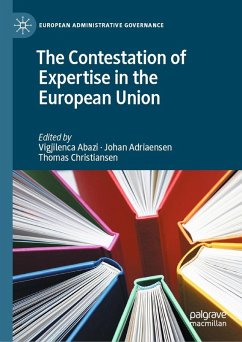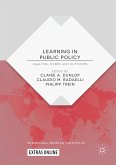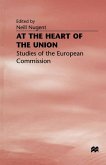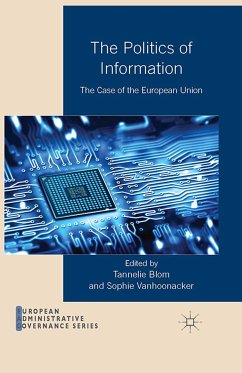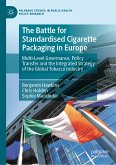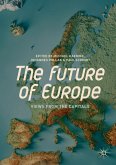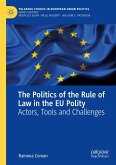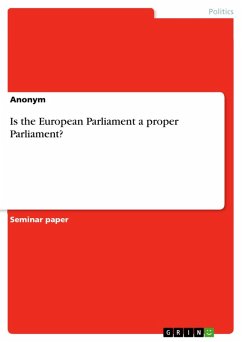This book examines the position and role of expertise in European policy-making and governance. At a time when the very notion of expertise and expert advice is increasingly losing authority, the book addresses these challenges by empirically examining specific administrative processes and institutional designs in the European Union. The first part of the volume theorizes expertise and its contestation by examining accounts of the legitimate institutional design of knowledge production processes and exploring the theoretical links of Europeanisation and expertise. The second part of the book delves into empirical institutionalist accounts of expertise and maps the role of experts in a variety of EU institutions but also explains the implications when EU bodies themselves are in an 'expert' position, such as agencies. The book offers insights into how individual experts deal with the challenge of producing reports that will be heard by policy-makers, while at the same time preserving their independence. Broadening its scope, the book then expands the analysis to the role of advisory committees in light of the shift from a reliance primarily on in-house expertise to including more external experts in advisory groups in the European Commission and European Parliament as well as at the European External Action. In the third part, the book opens the lens to developments beyond the EU by taking into account two highly pertinent fields: climate change and trade. These fields are highly complex, fast-developing, and politicised issues, and the book engages with them in order to provide an outside-in perspective on expertise.
Vigjilenca Abazi is Assistant Professor of EU Law at Faculty of Law, Maastricht University, the Netherlands.
Johan Adriaensen is Assistant Professor at the Faculty of Arts and Social Sciences, Maastricht University, the Netherlands.
Thomas Christiansen isProfessor of Political Science and European Integration in the Political Science Department, Luiss Università Guido Carli, Italy.
Chapter 6 is available open access under a Creative Commons Attribution 4.0 International License via link.springer.com.
Dieser Download kann aus rechtlichen Gründen nur mit Rechnungsadresse in A, B, BG, CY, CZ, D, DK, EW, E, FIN, F, GR, HR, H, IRL, I, LT, L, LR, M, NL, PL, P, R, S, SLO, SK ausgeliefert werden.

